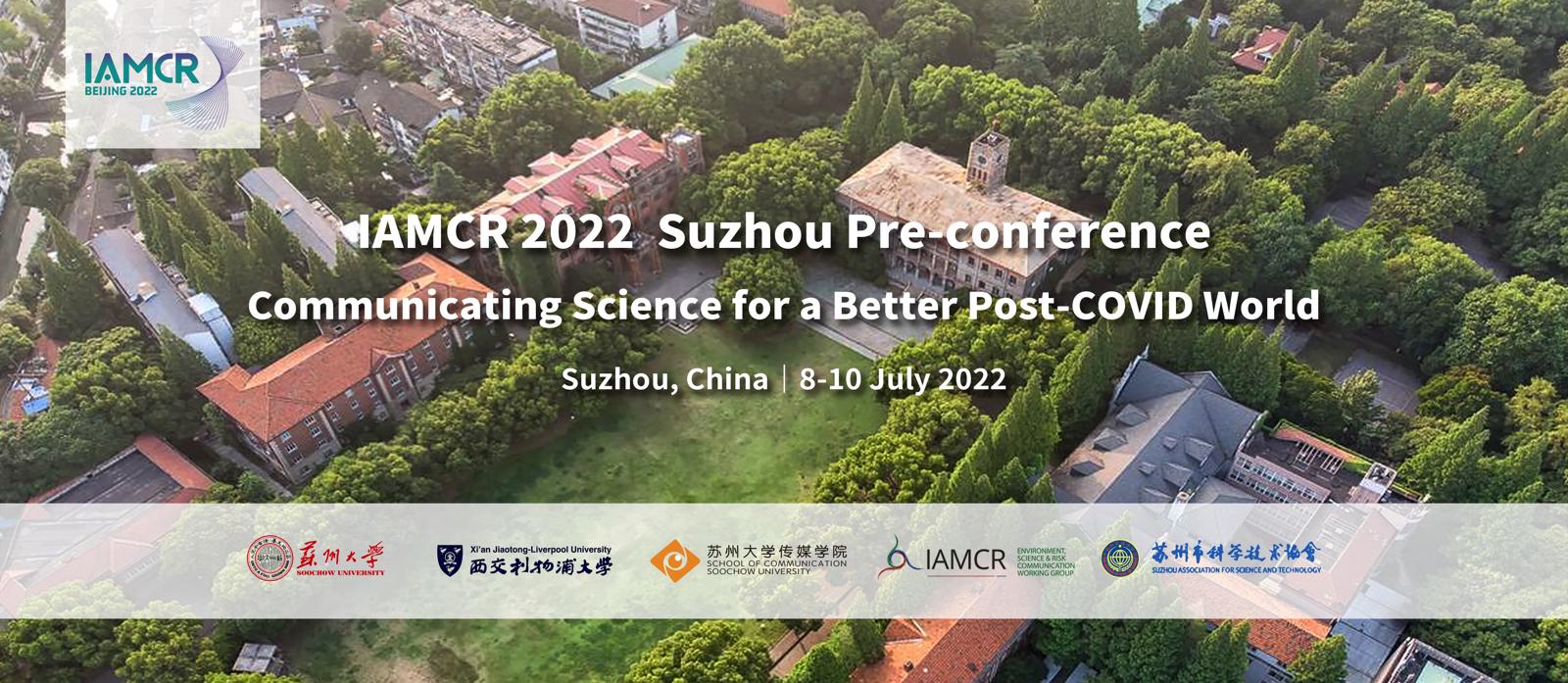Concept of conspiracy theory and the psychosocial origins of conspiracy beliefs have been thoroughly studied, but experimental researches on the antecedents of individual differences in conspiracy psychology have been limited. Studies to date on the factors influencing conspiracy beliefs have focused primarily on psychological characteristics, with less attention paid to their psychopathology. Conspiracy beliefs have been found to be associated with extrinsic personality traits including schizophrenia, paranoia, and delusions as well as intrinsic psychological symptoms such as anxiety, depression, and anger. People who believe in conspiracy theories also tend to exhibit intuitive experiential thinking and low cognitive abilities. Several studies in neuroscience and nutritional psychology have examined the correlation between diet and psychological conditions. The evidence shows that nutrition may influence the psychological traits and cognitive-perceptual processes associated with conspiratorial thinking by affecting neurotransmitters and the gut-brain axis. Lack of key nutrients is likely to lead to mental disorders and cognitive impairment, making it difficult to mobilize analytical thinking in an emotionally unstable state. Also, nutritional deficiencies often represent a damaged foundation for survival and may reduce one's sense of control. In addition, personal dietary values may also influence conspiracy beliefs, although this is not yet proven. These are all possible evidence for a correlation between diet and conspiratorial thinking.
During the epidemic period of Omicron, people isolated at home in Shanghai faced nutritional imbalances and dietary restrictions due to difficulties in food hoarding, which may be related to the widespread acceptance of conspiracy theories from a nutritional psychology perspective. It is important to understand any potential correlation between dietary patterns and conspiracy thinking, which needs to be fully considered in the development of public health measures. It is important to understand any potential correlation between dietary patterns and conspiracy thinking, which needs to be fully considered in the development of public health measures.
In conclusion, this review suggests that diet and nutrition may have potential roles in the formation of conspiracy beliefs by influencing individuals' psychology and cognition. Therefore, a possible path of intervention in conspiracy thinking would be through dietary and nutritional modifications.

 京公网安备 11010802039275号
京公网安备 11010802039275号